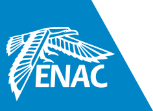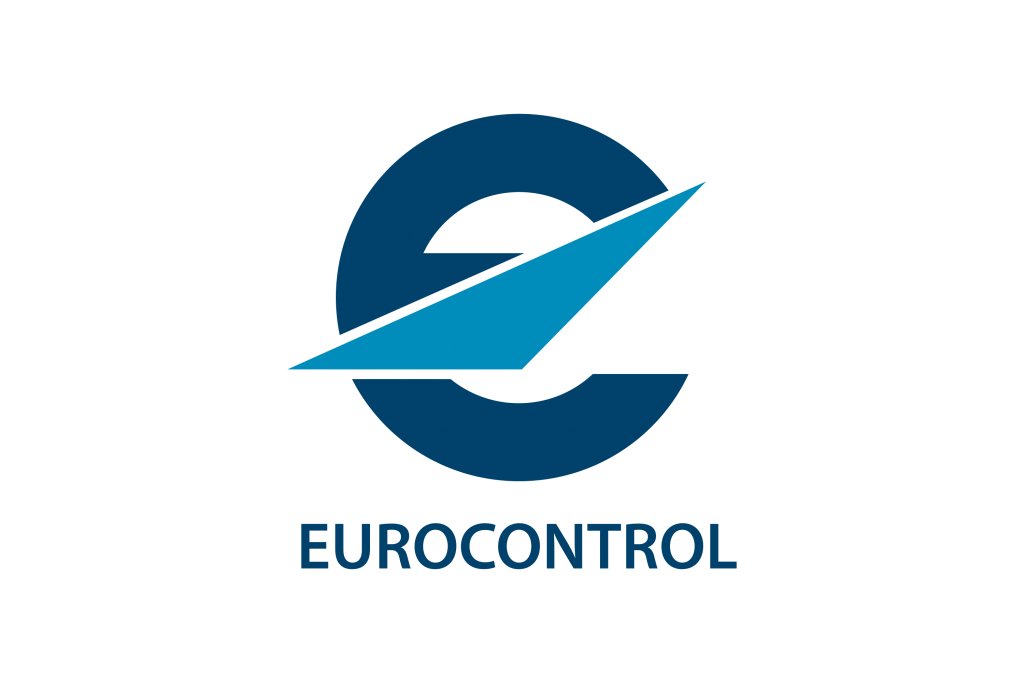Mälardalen University | Sweden
Mälardalen University (MDH) is one of Sweden’s large institutes of higher education. The University is characterized by its close cooperation with companies and with the public sector in the region and by its distinct environmental profile.
At MDH, one of the strongest research environments is Embedded Systems (ES). ES has a strong national and international scientific position, where it consists of 17 collaborating research groups including 17 full professors, 11 visiting professors, 10 adjunct professors, 19 associate professors (“Docents”), 40 additional senior researchers (PhDs), 19 of which share time between industry and academia, 80 PhD students (of which 30 have completed a licentiate degree and 22 are industrial PhD students), and 7 supporting staff. In the past five years the ES research specialization has produced 1027 published peer-reviewed scientific papers, i.e., approximately 200 publications annually, several in proceedings of internationally leading conferences and journals. In addition, during these five years 44 PhD dissertations and 51 licentiate theses have been presented.
Over the last decade ES has established MDH as the leading research organization in embedded systems software technology in Sweden. ES consists of the six mutually supportive and cooperating focus areas that are supported by different research groups. In particular, the proposed research will be conducted within the Artificial Intelligence and Intelligent Systems (AI) research group at MDH. The group is focusing on foundational and applied research in Artificial Intelligence and Machine Learning for Intelligent Systems for both industry, medical and business applications. The research focuses on methods and techniques enabling learning, reasoning, experience reuse, and experience sharing. We work with both autonomous AI applications as well as decision support systems. The research group has a good publication record in highly ranked journals and conferences.
The research covers by the Intelligent systems group on adaptive methods and techniques for intelligent/smart systems and artificial intelligence enabling adaptation, learning, experience reuse, and experience sharing.
Type:
University
Role:
- Project Coordinator
- Leader in Lifelong Machine Learning with Human-Centered AI
- Leader in Ethics Requirements
- Major contribution in T3.1: State of Art – AI support in ATM
- Major contribution in T4.2: Multivariate data analysis and transparent AI models





